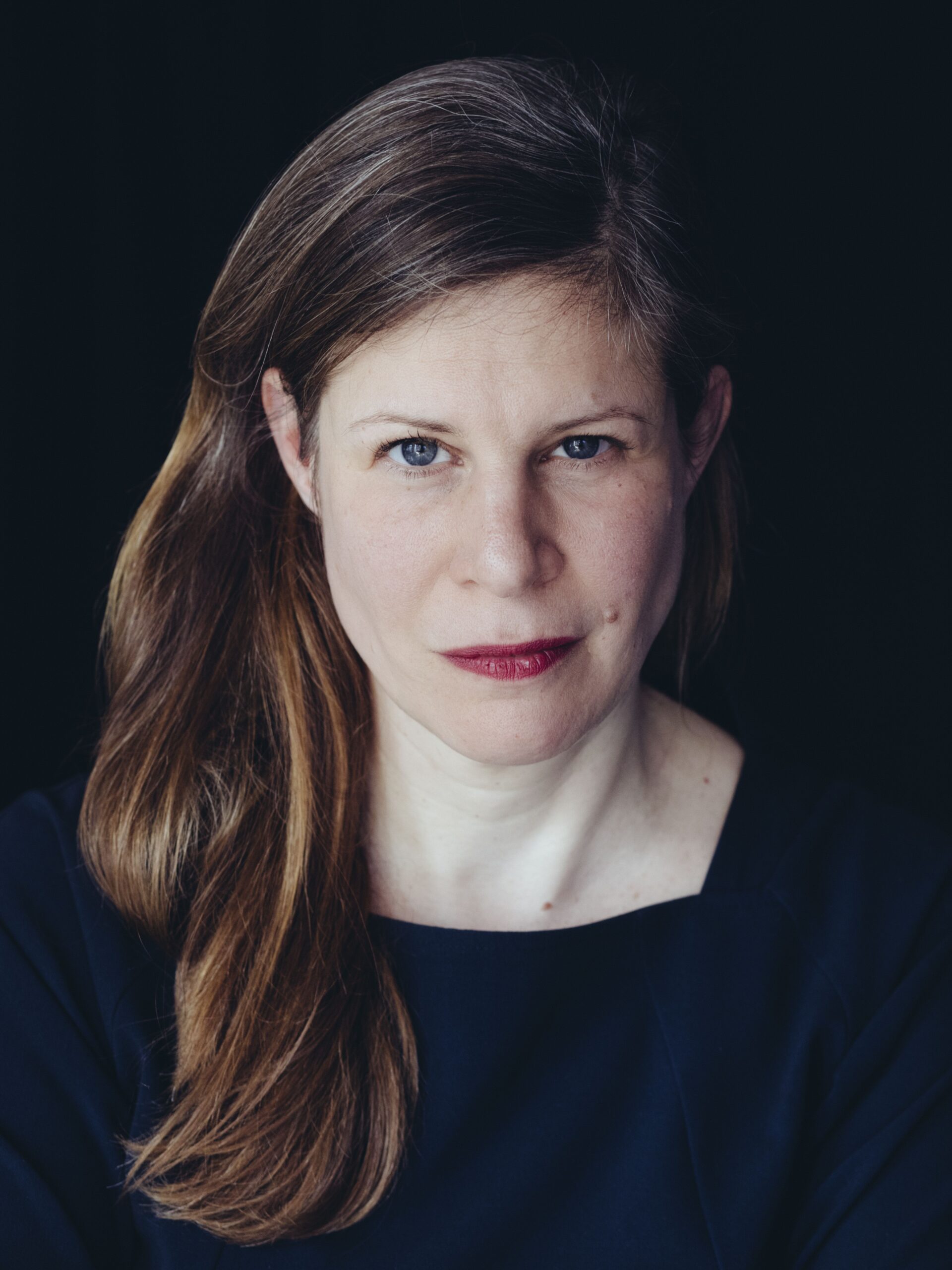review
Maren Wurster’s The Stagger interweaves memoir with theory in a moving and searingly honest examination of the feminist politics of care work. This powerful account of a woman caring for her dying parents will appeal to fans of Maggie Nelson’s The Argonauts and Emily Pine’s Notes to Self.
An only child and a single parent, Wurster shoulders the burden of care for her parents and her son – although she is able to get both parents into a good, flexible care home where she sees them daily until the worst stages of the Covid-19 pandemic.
The book avoids a linear structure, with flashbacks to Wurster’s childhood, her own early motherhood and her separation from the child’s father, as well as images and memories of her parents at a much younger age. Throughout this, it explores themes of terminal illness, dementia and the impact of alcoholism on a family (Wurster inherited, she says, ‘the structure of addiction’ from her father).
The main narrative arc follows her parents’ journeys into dementia and cancer, Wurster’s decision to move them from their home in Stuttgart to a care home near where she lives in Berlin, and her struggle to give them and her child what they need. She lightly frames her account with academic theory, referencing, for example, Foucault on the structures of care and control.
Wurster comes up against the limits of her ability to meet her father’s wish not to be artificially fed, and indeed to die; her mother’s wish to decide for herself when she is no longer able to look after herself; and her own wish to see them separately and together as Covid-19 takes hold. And to keep working and living her own life – though this is barely mentioned – at the same time.
The slim volume is broken up into short sections, headed with a mix of numbers and thematic titles: Traces, Borders, Sleeping and Falling, Losing, Letting go. The short chapters enhance the book’s immense readability despite the difficult subject matter, which Wurster does not flinch from. The narrative gains added immediacy from Wurster’s sometimes startling use of imagery – describing her mother’s arm as having the consistency of bread, or her father being ‘penetrated’ by machines.
This powerful book exposes the political that is inherent in the personal, and speaks to experiences with which many readers will identify.




All recommendations from Autumn 2021